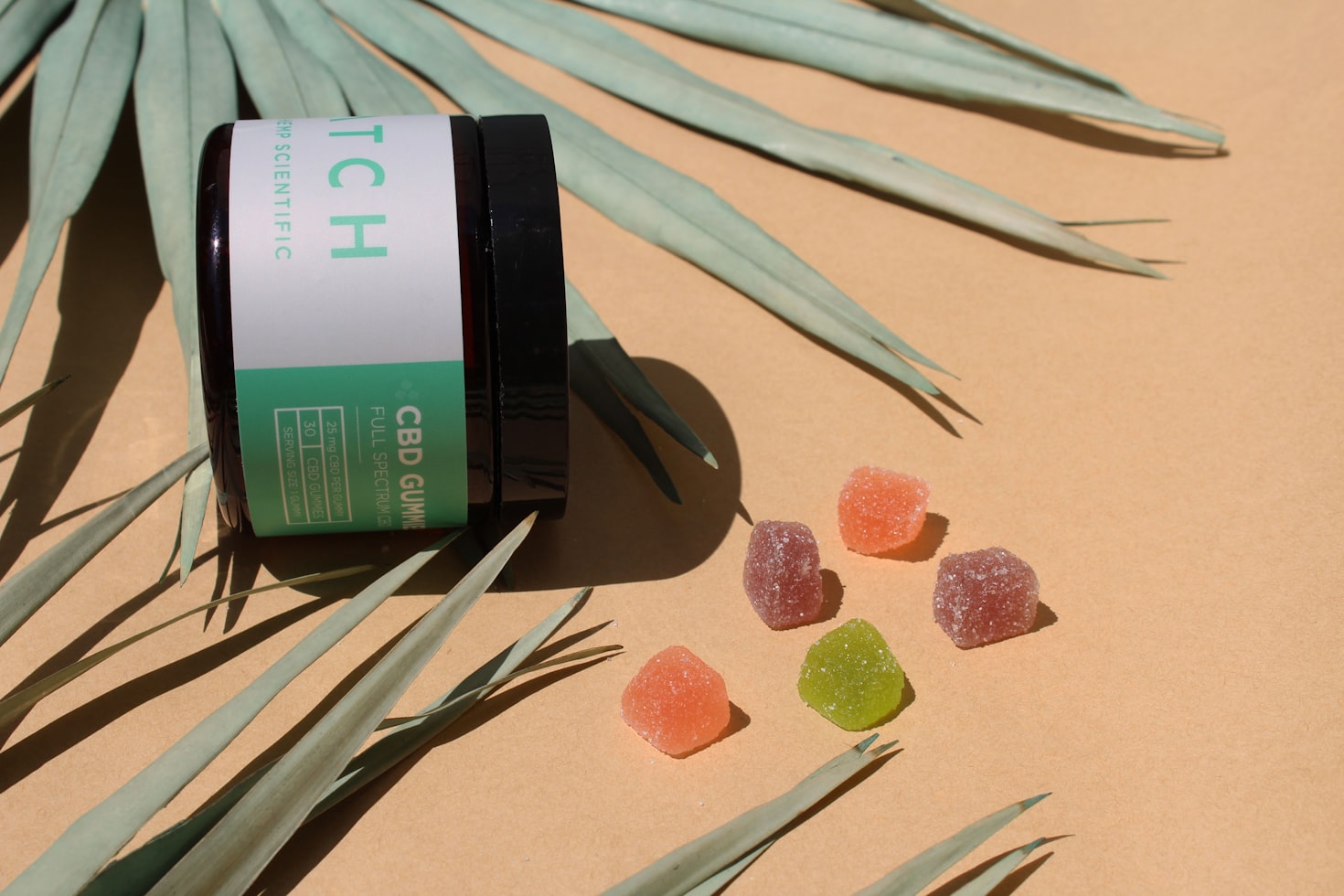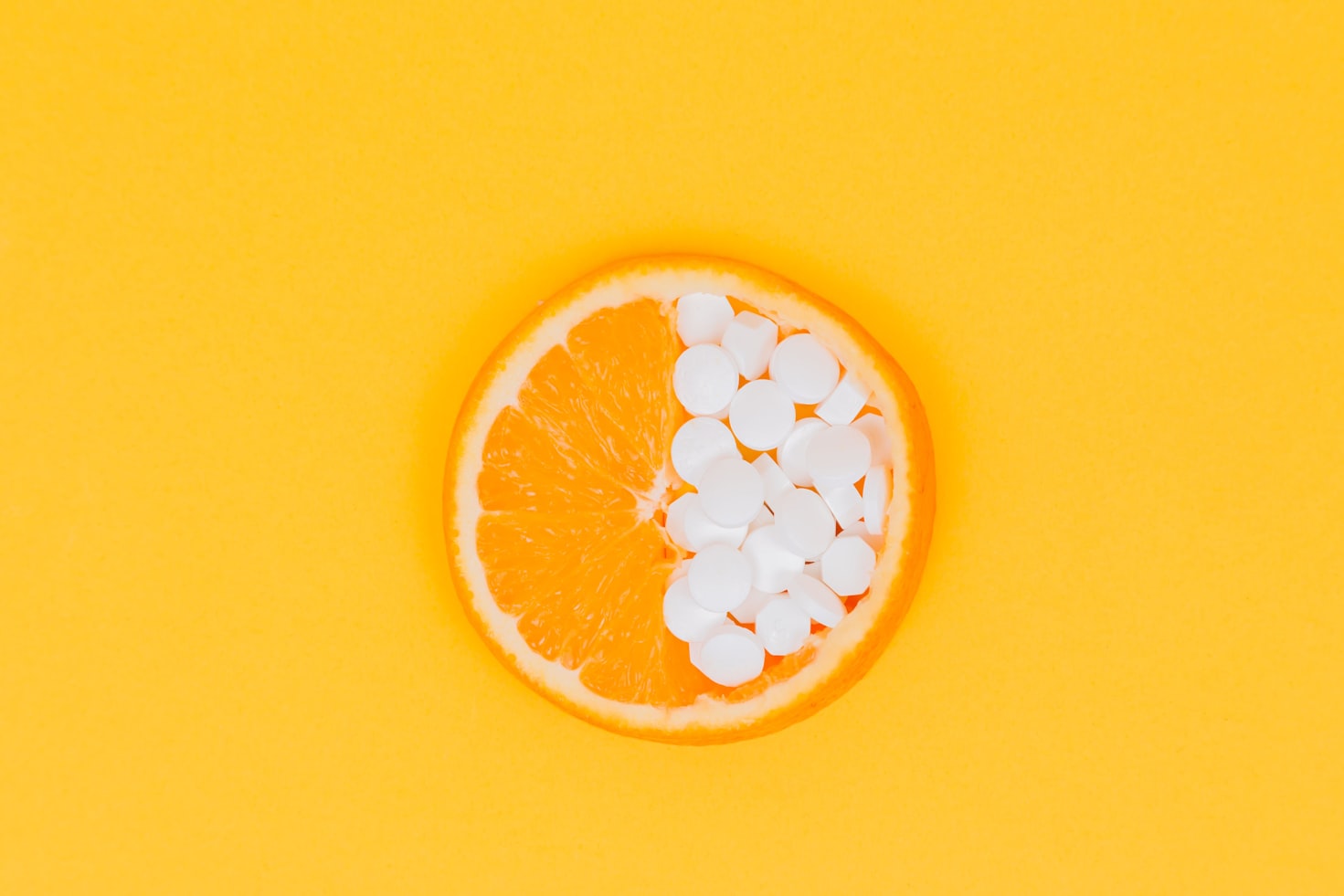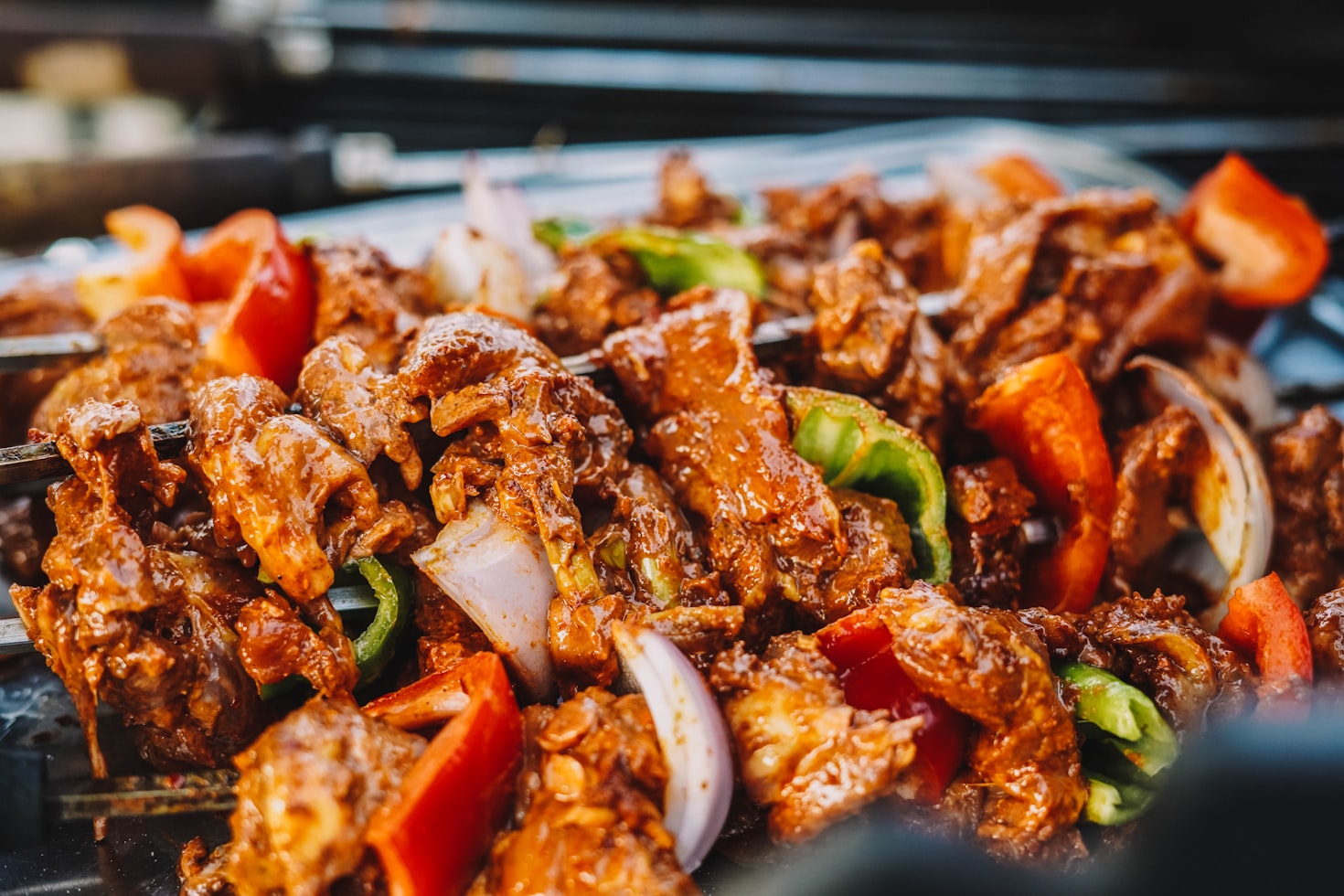What Happens If You Don’t Drink Enough Water On Keto
Following a ketogenic diet, or keto diet, has become increasingly popular in recent years due to its potential benefits for weight loss and overall health. This low-carb, high-fat diet aims to put your body into a state of ketosis, where it burns fat for fuel instead of carbohydrates. While the keto diet can be effective, it’s important to pay attention to your hydration levels, as not drinking enough water can have various negative effects on your body. In this article, we will explore the consequences of inadequate water intake on a keto diet and provide valuable insights on how to stay properly hydrated.
The Importance of Water on a Keto Diet
Water is essential for overall health and plays a crucial role in various bodily functions. When following a keto diet, it becomes even more important to maintain proper hydration due to the following reasons:
- Increased water loss: On a keto diet, your body produces less insulin, which leads to increased urine production. This can result in higher water loss and the need for increased fluid intake.
- Electrolyte balance: The reduction in carbohydrate intake on a keto diet can affect your electrolyte balance. Adequate water intake helps maintain electrolyte levels and prevents imbalances that can lead to symptoms like muscle cramps, fatigue, and headaches.
- Supports digestion: Sufficient water intake is essential for proper digestion and absorption of nutrients. It helps prevent constipation, which can be a common side effect of the keto diet due to its low fiber content.
- Regulates body temperature: Water plays a vital role in regulating body temperature through sweat production. Inadequate water intake can impair your body’s ability to cool down, leading to overheating and potential heat-related illnesses.
The Consequences of Inadequate Water Intake on Keto
Not drinking enough water while following a keto diet can have several negative effects on your body. Let’s explore some of the consequences:
1. Increased Risk of Dehydration
Dehydration occurs when your body loses more water than it takes in. On a keto diet, the risk of dehydration is higher due to increased water loss through urine and sweat. Dehydration can lead to symptoms such as:
- Thirst
- Dry mouth and lips
- Dark-colored urine
- Headaches
- Dizziness
- Fatigue
To prevent dehydration, it is important to drink enough water throughout the day, especially when following a keto diet.
2. Impaired Physical Performance
Proper hydration is crucial for optimal physical performance. Inadequate water intake can lead to decreased endurance, muscle cramps, and reduced strength. These effects can hinder your ability to exercise and may impact your overall fitness goals.
3. Increased Risk of Kidney Stones
Adequate water intake helps dilute substances in the urine that can contribute to the formation of kidney stones. On a keto diet, the risk of developing kidney stones may increase due to higher levels of uric acid and calcium in the urine. Drinking enough water can help reduce this risk.
4. Slower Weight Loss
Water plays a role in the breakdown and elimination of fat from the body. Insufficient water intake can slow down this process, potentially leading to slower weight loss on a keto diet. Additionally, dehydration can cause water retention, making you feel bloated and affecting your body composition goals.
5. Increased Risk of Constipation
The keto diet is low in fiber, which can contribute to constipation. Water helps soften stools and promotes regular bowel movements. Insufficient water intake can exacerbate constipation, leading to discomfort and digestive issues.
6. Impaired Cognitive Function
Proper hydration is essential for optimal brain function. Dehydration can impair cognitive abilities, including memory, attention, and concentration. This can affect your productivity, mental clarity, and overall well-being.
Tips for Staying Hydrated on a Keto Diet
To ensure you stay properly hydrated while following a keto diet, consider the following tips:
- Drink water throughout the day, even when you’re not thirsty. Aim for at least 8 cups (64 ounces) of water per day, but individual needs may vary.
- Include hydrating foods in your diet, such as cucumbers, watermelon, and leafy greens, which have high water content.
- Consume electrolytes to maintain balance. You can obtain electrolytes from foods like avocados, nuts, and seeds, or consider using electrolyte supplements.
- Monitor the color of your urine. Pale yellow urine indicates proper hydration, while dark-colored urine may be a sign of dehydration.
- Consider using a water tracking app or setting reminders to ensure you drink enough water throughout the day.
Frequently Asked Questions (FAQ)
1. How much water should I drink on a keto diet?
While individual needs may vary, it is generally recommended to drink at least 8 cups (64 ounces) of water per day. However, factors such as activity level, climate, and overall health should also be considered.
2. Can drinking more water speed up weight loss on a keto diet?
While drinking more water alone won’t directly cause weight loss, it can support the weight loss process. Water helps with digestion, elimination of waste, and can help reduce water retention, making you feel less bloated.
3. Can I drink other beverages besides water on a keto diet?
While water is the best choice for hydration, other beverages such as herbal tea, unsweetened coffee, and sugar-free electrolyte drinks can also contribute to your fluid intake. However, be cautious of beverages that contain added sugars or artificial sweeteners, as they may hinder your progress on a keto diet.
4. How can I tell if I’m dehydrated?
Signs of dehydration include thirst, dry mouth, dark-colored urine, fatigue, dizziness, and headaches. Monitoring the color of your urine can be a good indicator of your hydration status.
5. Can drinking too much water be harmful on a keto diet?
While it is important to stay hydrated, excessive water intake can lead to a condition called hyponatremia, which is low sodium levels in the blood. This is rare but can






